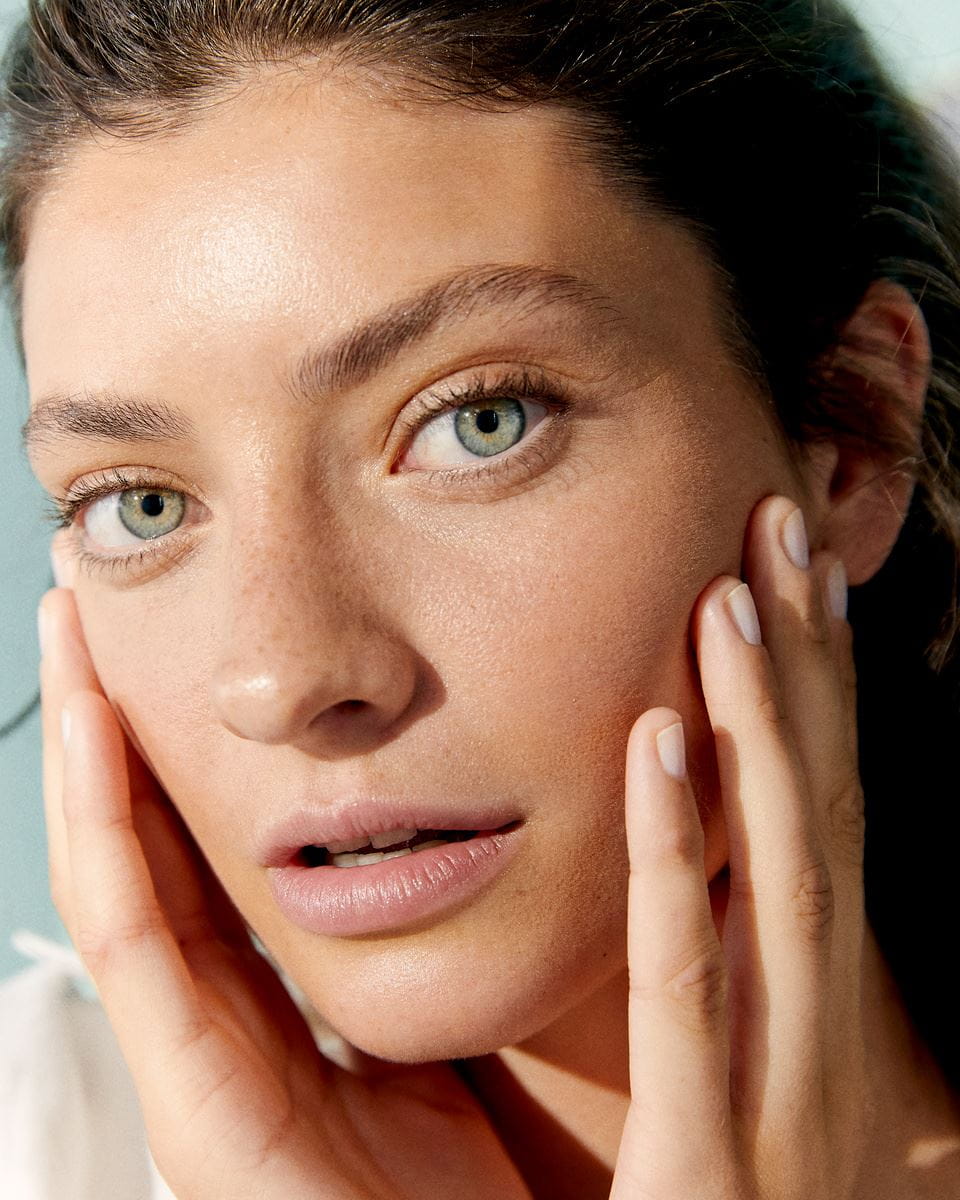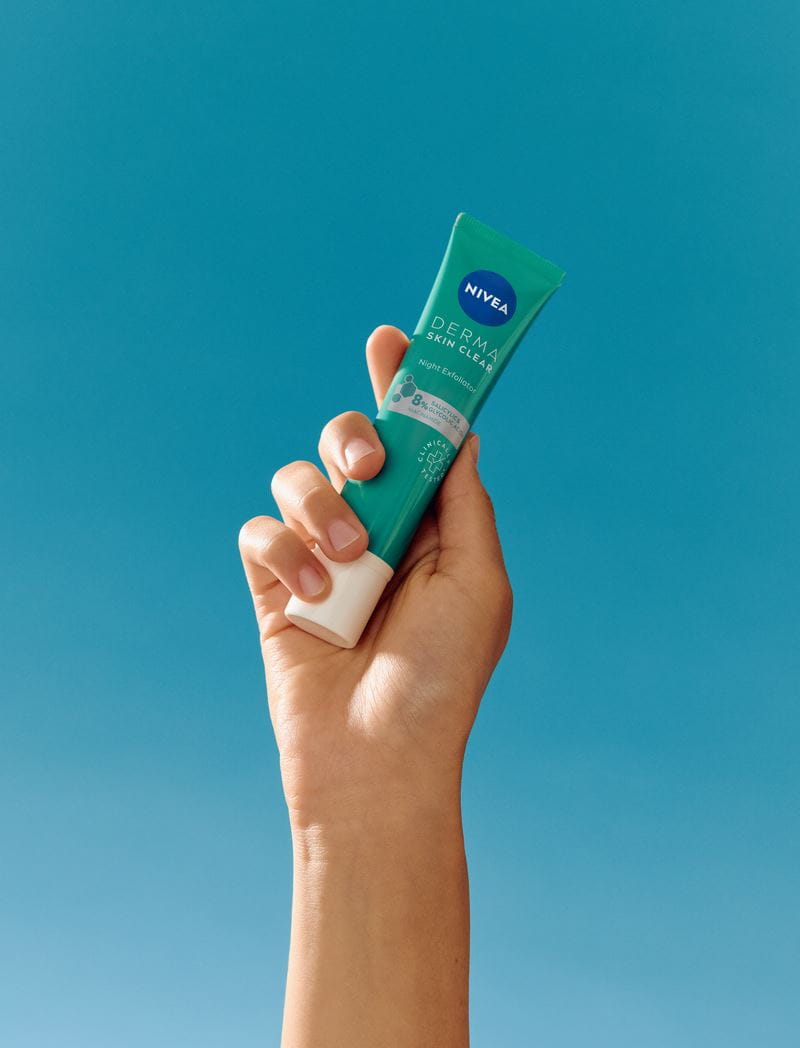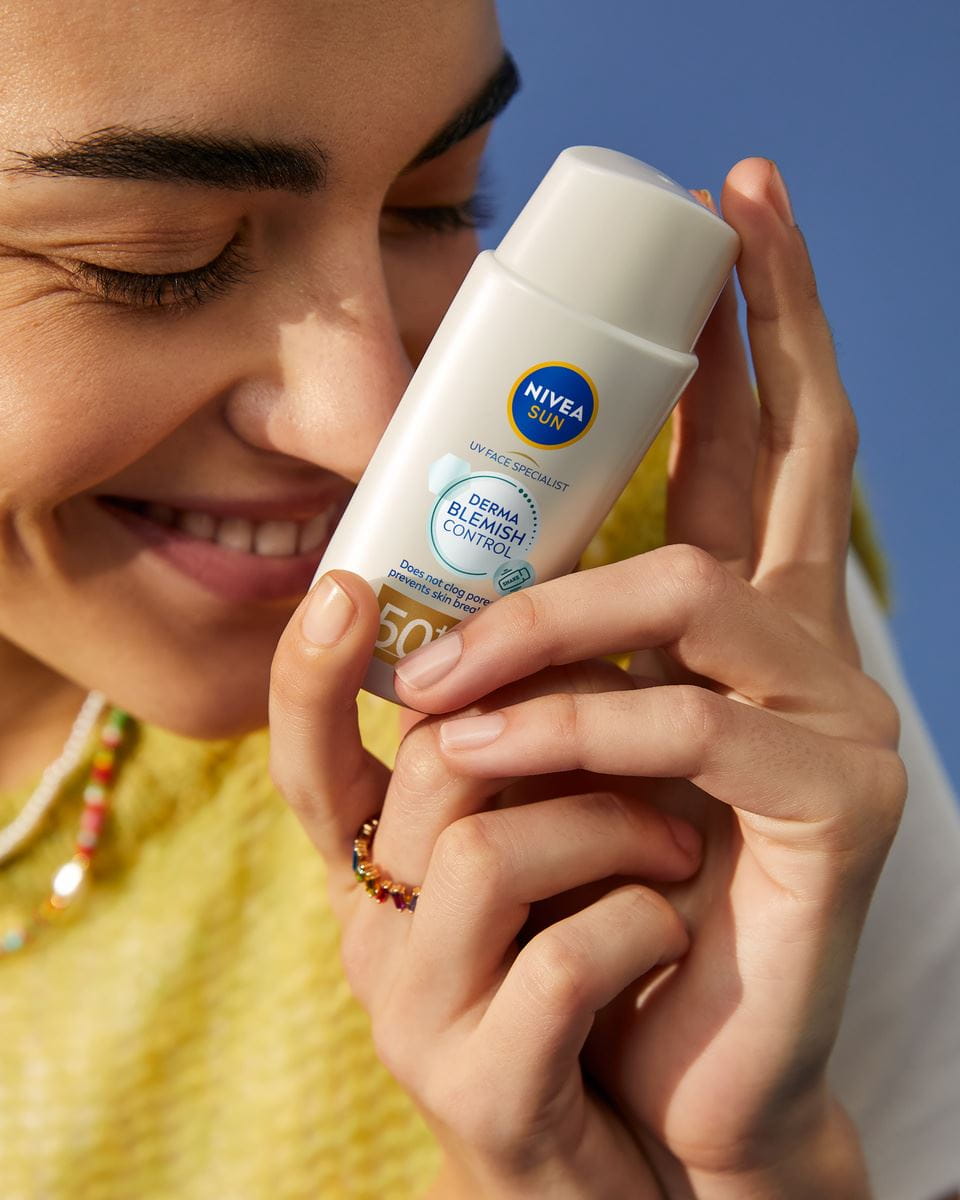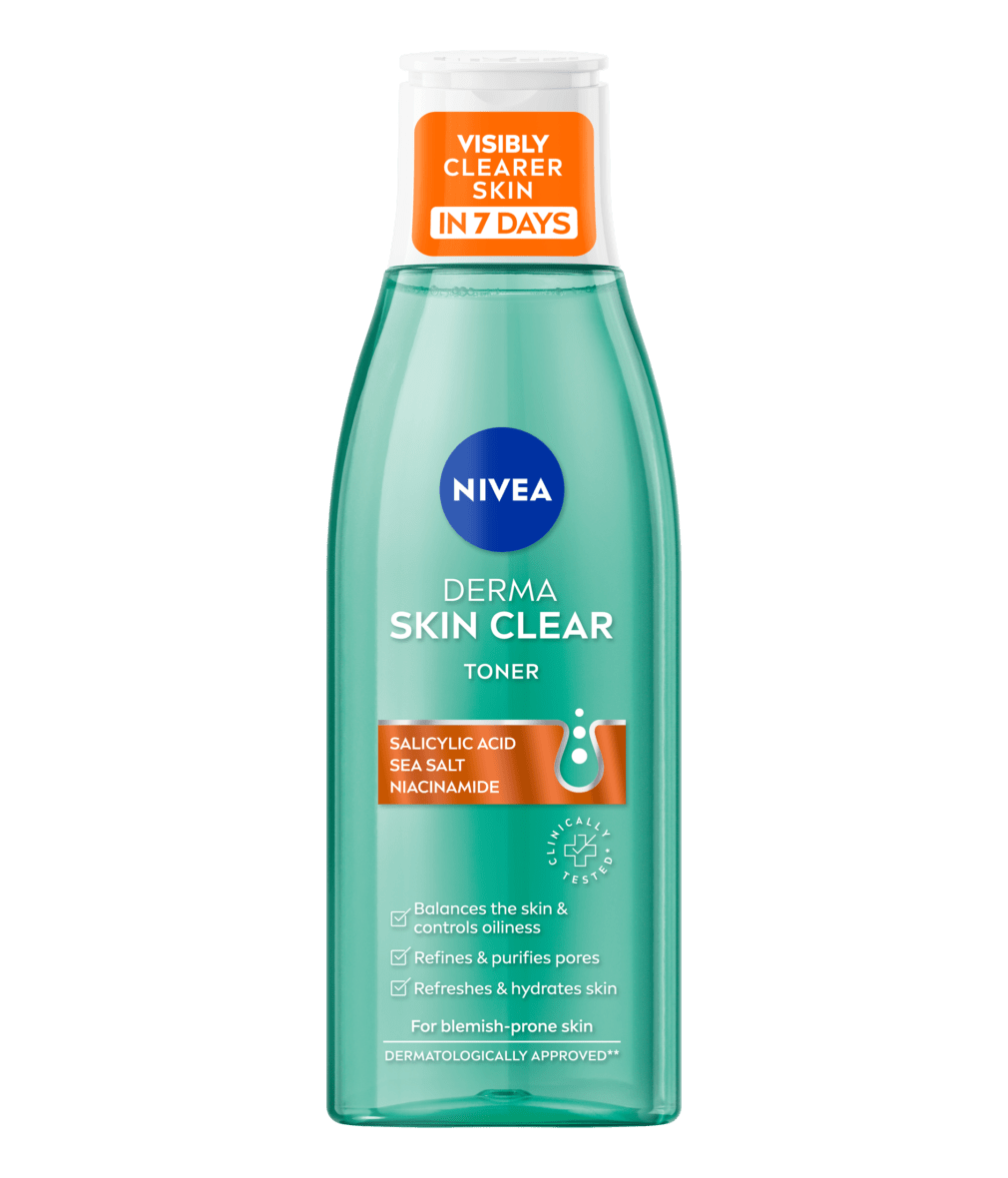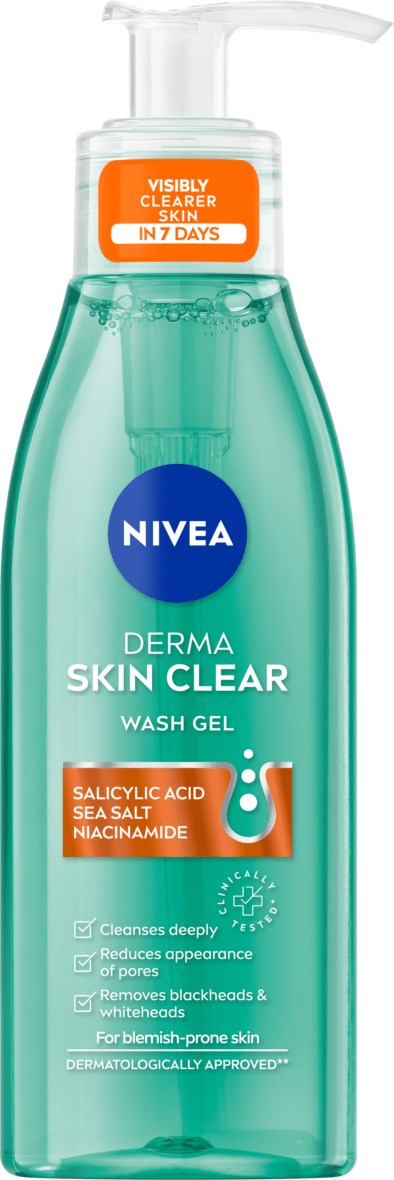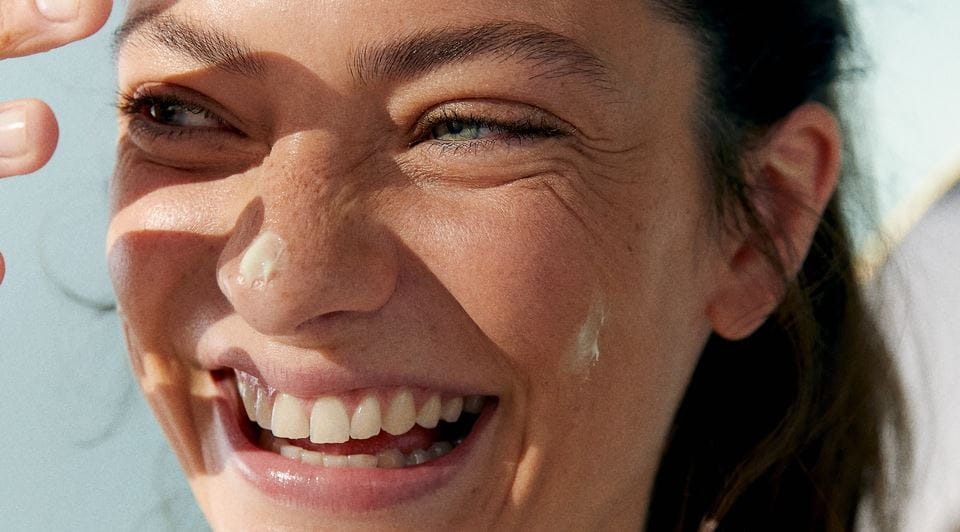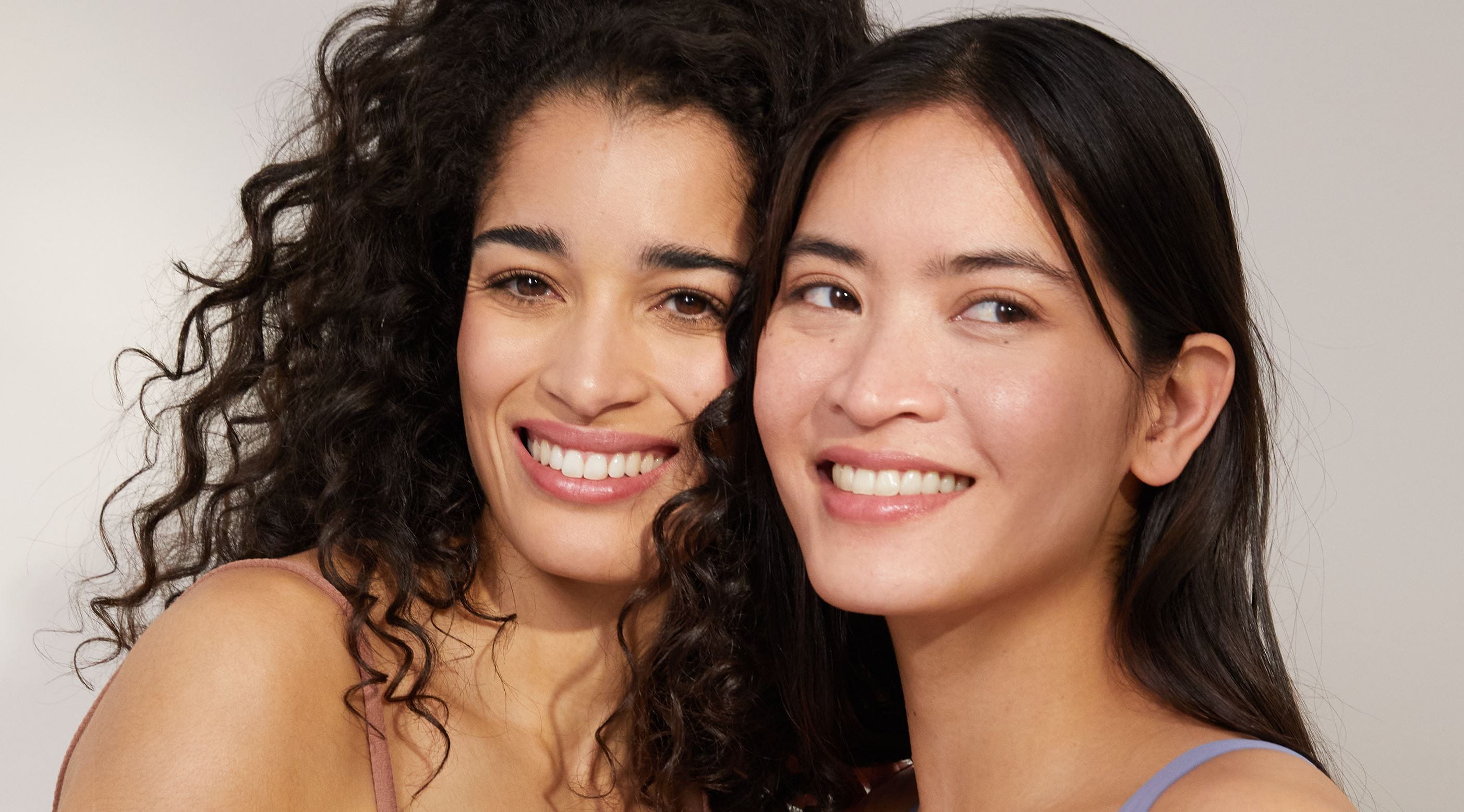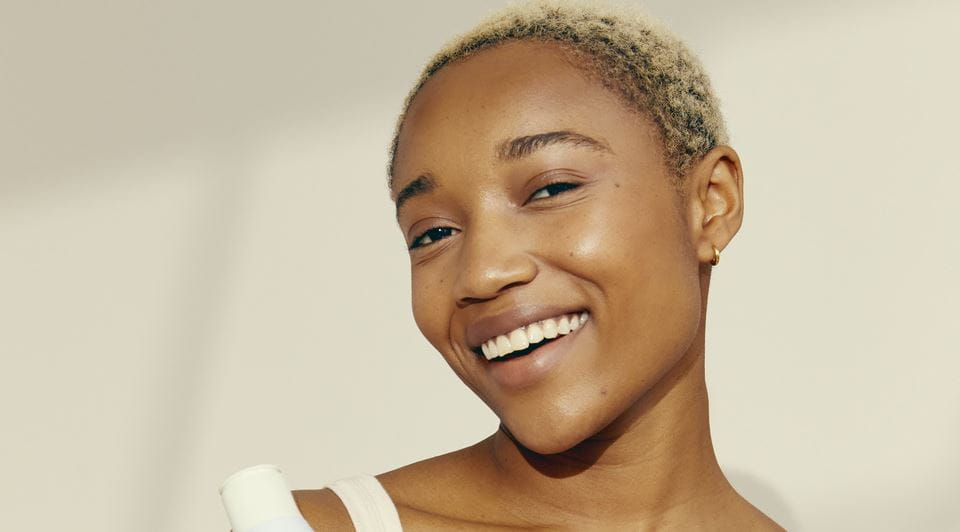
How to Get Rid of Blackheads
Discover the causes of blackheads, learn effective prevention strategies, and explore targeted treatments to achieve clearer, healthier skin.
Blackheads are tiny dark spots that appear when pores are clogged with sebum and dead skin cells. Unlike whiteheads, they remain open at the surface, causing the trapped material to oxidise and turn black.
What Causes Blackheads?
Treatment for Blackheads
Skincare Routine to Prevent Blackheads
Maintaining a consistent and effective skincare routine can help prevent blackheads and target the underlying causes of their formation.
Implementing the following routine may help prevent blackheads:
Implementing the following routine may help prevent blackheads:
Lifestyle Changes to Prevent Blackheads
How to get rid of blackheads
